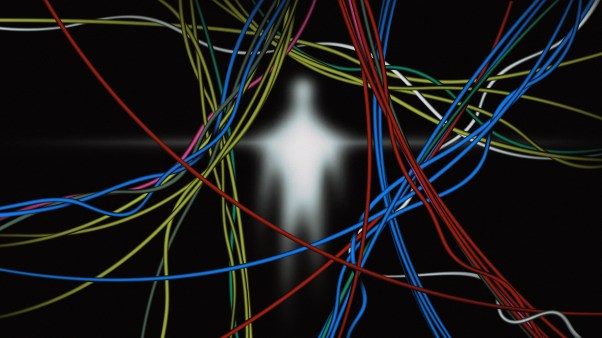Thirty years ago this summer, a 59-year-old bearded dissident, whose writings helped expose and eventually bring down Soviet tyranny, stood facing rows of robed faculty and graduates at Harvard’s historic Yard for its 327th commencement. Expectations ran high. Aleksandr Solzhenitsyn was admired for his literary achievements and lionized by the faculty, if not for his outspoken views on Communism, at least for the fact that he was an oppressed intellectual.
Solzhenitsyn delivered each line in his high-pitched voice in Russian. The translation blunted the impact somewhat—in fact, there were even sporadic bursts of applause. But soon enough, outraged professors realized that Solzhenitsyn was charging them with complicity in the West’s surrender to liberal secularism, the abandonment of its Christian heritage, and with all the moral horrors that followed.
As it happened, this summer I was reading a tattered copy of Solzhenitsyn’s speech at the same time I was studying Jeremiah in my devotions. I was struck by the chilling parallels between the dissident’s words and Jeremiah’s warning to the Israelites.
For example, describing the Western worldview as “rationalistic humanism,” Solzhenitsyn decried the loss of “our concept of a Supreme Complete Entity which used to restrain our passions and our irresponsibility.” Man has become “the master of this world … who bears no evil within himself,” he announced. “So all the defects of life” are attributed to “wrong social systems.”
Solzhenitsyn also argued that this moral impoverishment had led to a debased definition of freedom that makes no distinction between “freedoms for good” and “freedoms for evil.” Our founders, he reminded us, would scarcely have countenanced “all this freedom with no purpose” but for the “satisfaction of one’s whims”; they demanded that freedom be granted conditionally upon the individual’s constant exercise of his religious responsibility.
Solzhenitsyn could hardly have imagined that just 14 years later, the U.S. Supreme Court would enshrine this radical definition of freedom: “At the heart of liberty is the right to define one’s own concept of existence, of meaning of the universe, and of the mystery of human life.”
Solzhenitsyn also foresaw the rise of political correctness: “Fashionable trends of thoughts and ideas are fastidiously separated from those that are not fashionable.” He predicted this would lead to “strong mass prejudices” with people being “hemmed in by the idols of the prevailing fad.”
Could even Solzhenitsyn have imagined that sexual rights would eventually triumph over free expression, that academia would impose rigid speech codes, or that churches would be threatened with loss of their tax-exempt status for opposing homosexual marriage?
Perhaps the hardest for the crowd to accept was his charge that the West had lost its “civic courage … particularly noticeable among the ruling and intellectual elites.” After all, he said, with “unlimited freedom on the choice of pleasures,” why should one risk one’s precious life in defense of the common good, particularly when one’s nation must be defended in distant lands? He even predicted Americans would care more about the rights of terrorists than their evil deeds—a prophecy fulfilled by the Supreme Court in Boumediene v. Bush, granting terror suspects access to U.S. courts—exactly 30 years to the week after Solzhenitsyn’s speech.
How has America responded to Solzhenitsyn’s words? Just look at what remains of the Bush administration, which, following September 11, boldly confronted evil. Public support for the President’s military policies has waned, ushering in a new wave of American isolationism.
The condition Solzhenitsyn diagnosed was identical to that of the ancient Israelites. God spoke through Jeremiah with biting sarcasm, warning the Israelites of where this kind of “freedom” leads: It would be freedom “to fall by the sword, plague, and famine.” Jeremiah’s prophecy all too soon came to pass; the Israelites fell into Babylonian captivity.
Three decades after Solzhenitsyn’s speech, where do Americans find themselves? In the grip of a similar captivity: violent and pornographic “entertainment,” growing censorship of unfashionable ideas, and a spiritually exhausted citizenry.
Solzhenitsyn did not leave Harvard that warm, June day without offering a solution: a “spiritual blaze” was needed to recover our footing. Have we listened? Do we see signs of awakening?
My summer study left me with a haunting question for the church: Is there still time to renew ourselves out of our spiritual exhaustion?
Copyright © 2008 Christianity Today. Click for reprint information.
Related Elsewhere:
Solzhenitsyn died on Sunday evening.
Christianity Today reported on his return from exile in 1994.
Previous columns by Charles Colson are available on our website.










